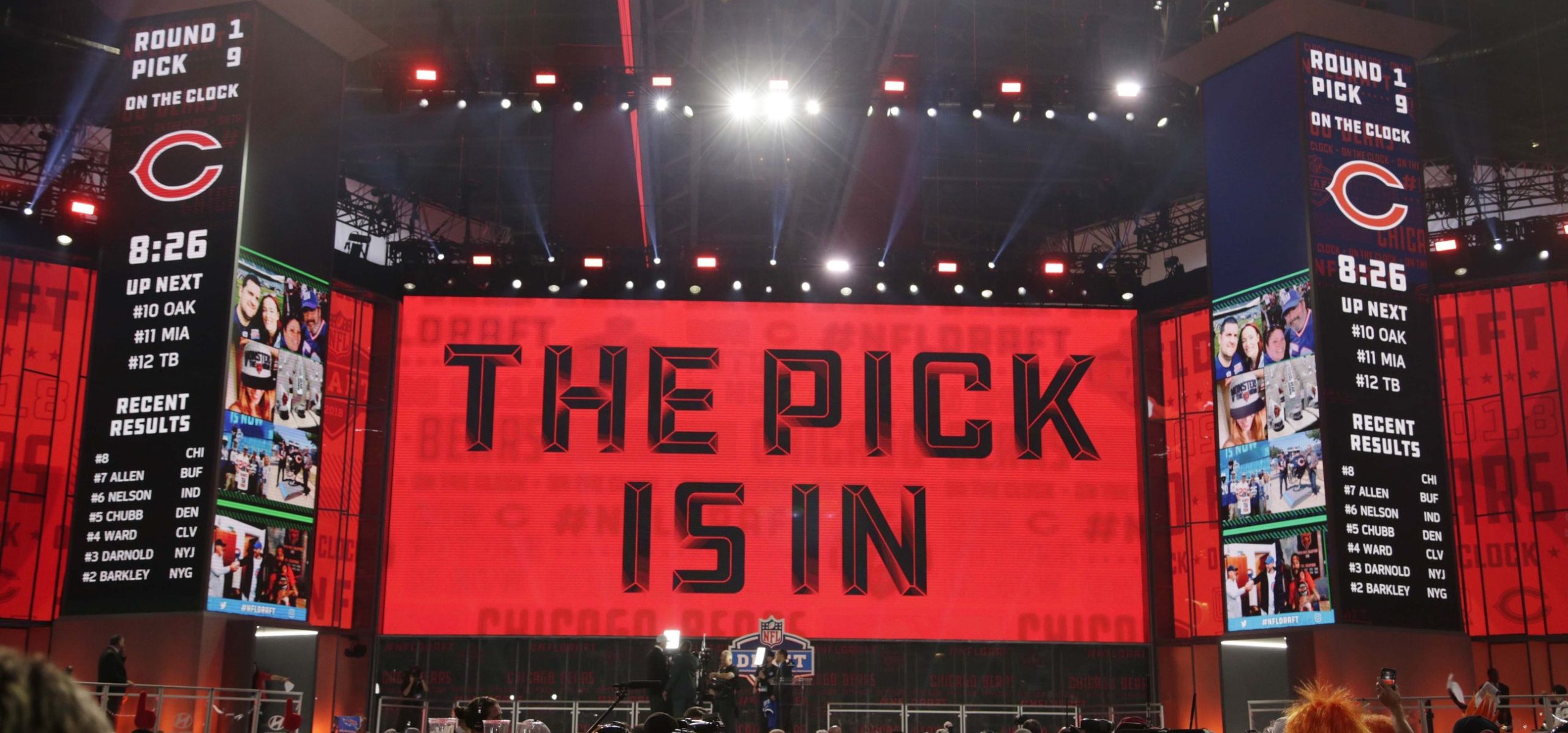Since Roy Halladay died in a plane crash on Tuesday, about 98 percent of the conversation around the former Cy Young winner has concerned his brilliant pitching career, admirable work ethic and gentle personality.
The other two percent, as we perhaps should have expected, has focused on the details of Halladay’s accident and whether he deserved blame for his plane going down. This public litigation is not only disrespectful to Halladay and his family but also blatantly beside the point.
The highest profile example of blaming Halladay for his own death came from Boston radio host Michael Felger, who called Halladay a “moron” and a “jackass” and declared he had “no sympathy” for the dead pitcher, who “got what he deserved.” But there have been plenty of less-crass examples of similar lines of thought, with numerous commenters debating how low Halladay was flying and whether the accident was avoidable. News outlets have covered the story with more than a touch of sensationalism, recognizing the public’s desire to turn tragedy into scandal.
The question is, what at all is accomplished by declaring Halladay’s death as his own fault or painting him as selfish for practicing risky maneuvers? How is the world improved by assigning blame in a one-person accident that left a man dead? Who benefits from making Halladay into some sort of villain? Halladay cannot learn any lessons from the crash. Society cannot punish him for endangering others. He is gone, and indicting him post-mortem won’t change that.
Some people seem to think that death is less of a tragedy if the victim plays an active role in his own demise. They seem to think we can’t feel sympathy for someone who died as a result of his own risk-taking. We can assume these people have never once driven drunk or hastily run through traffic or even gone skydiving. Or that they wouldn’t cry for a family member who died as a result of some vaguely risky behavior.
The truth is that Halladay’s death is tragic regardless of what he did to contribute to it, just as Jose Fernandez’s death last fall was tragic regardless of what was in his bloodstream. Maybe Halladay shouldn’t have flown, and maybe he should have flown more safely, but reckless use of a sport plane is not a crime worthy of the death penalty. Nothing he did warranted such a severe and permanent reckoning. Halladay was a father, husband, friend and, above all, a person who deserved to continue living. The fact he was killed at age 40 is well worth mourning.
As of now, we don’t even know enough about Halladay’s accident to proclaim what happened or who caused it. But even if we find out that Halladay was doing dangerous tricks while flying treacherously low, that’s no less reason to remember him fondly and mourn his premature death. Halladay’s death was a tragedy, and no shock jock or legalistic internet commenter will change that.






